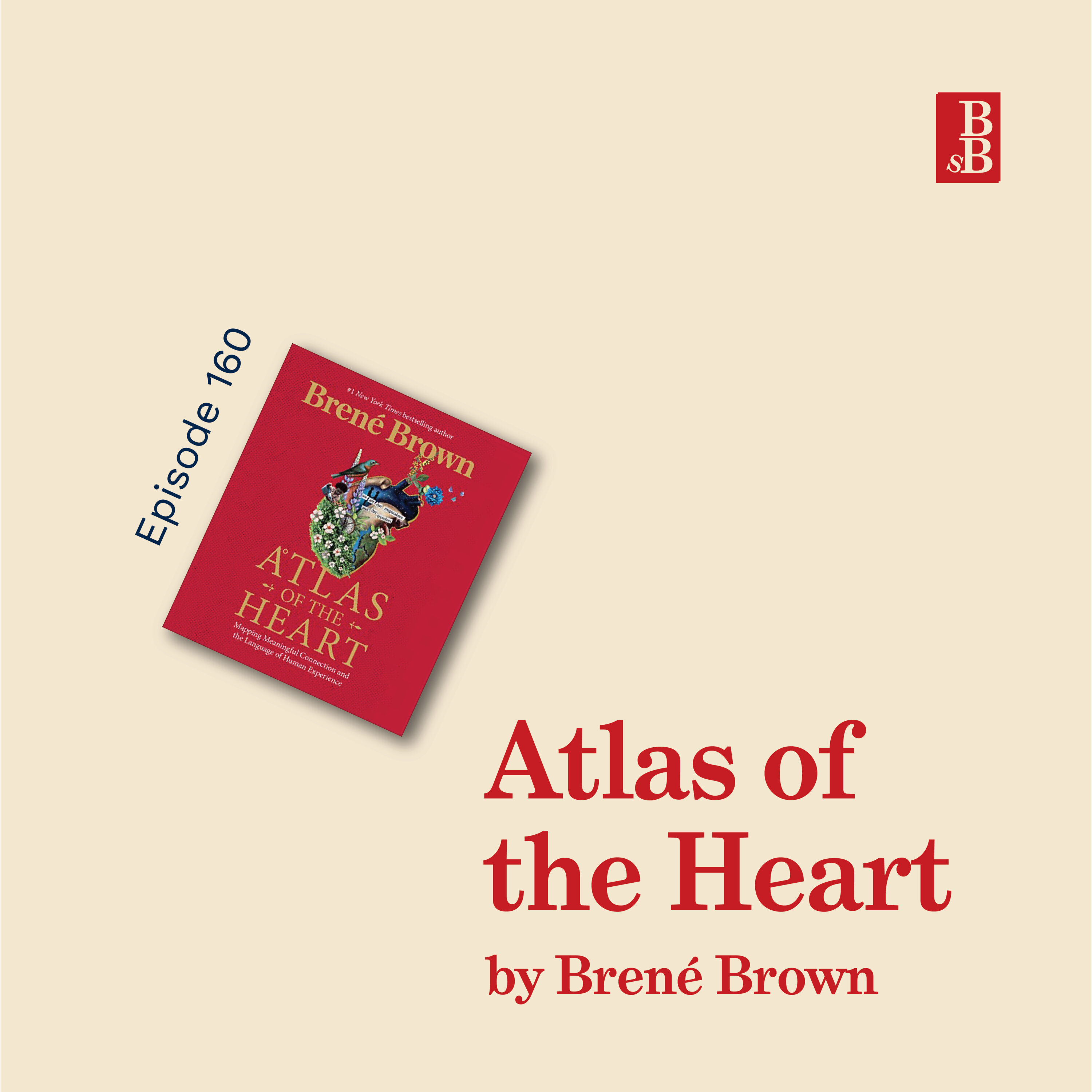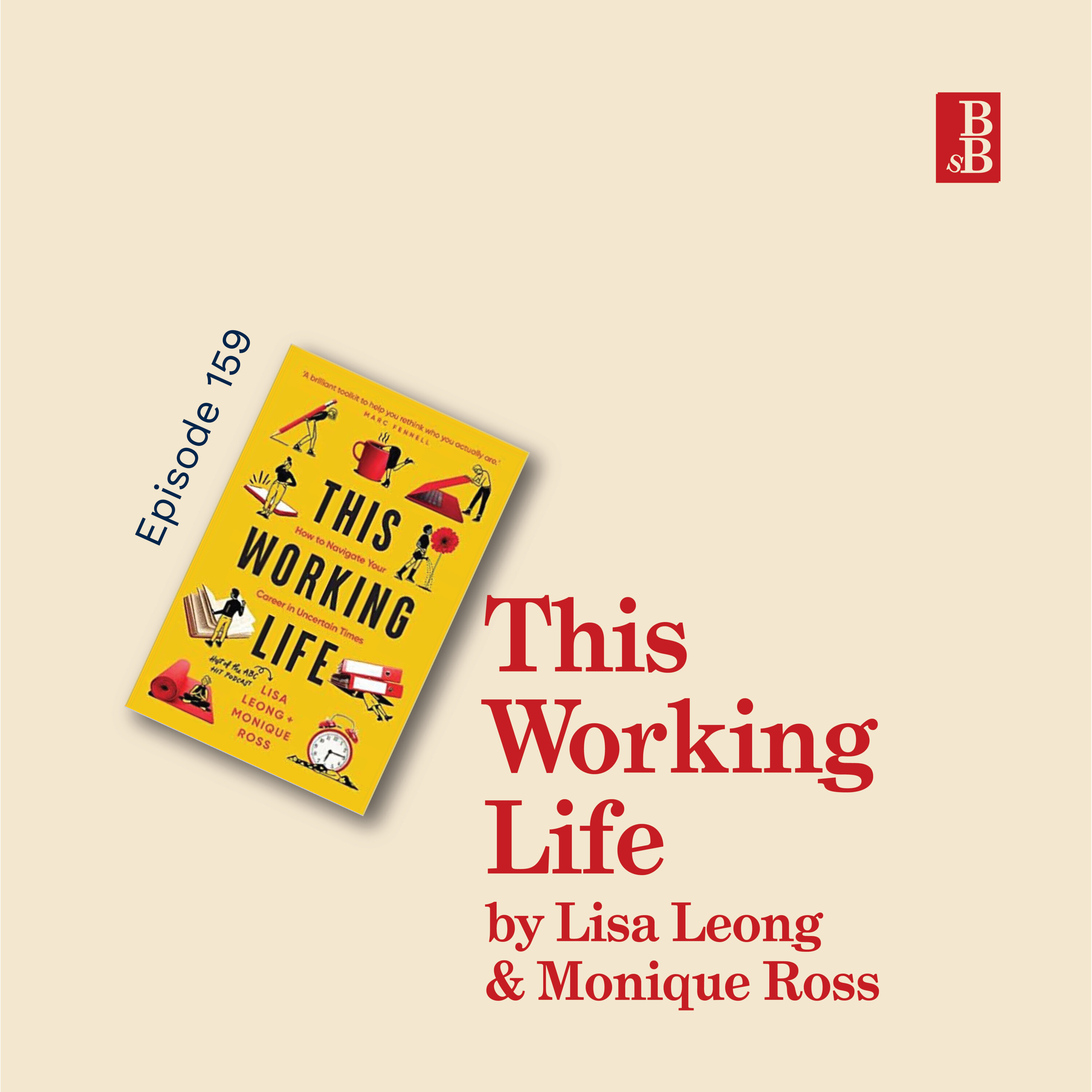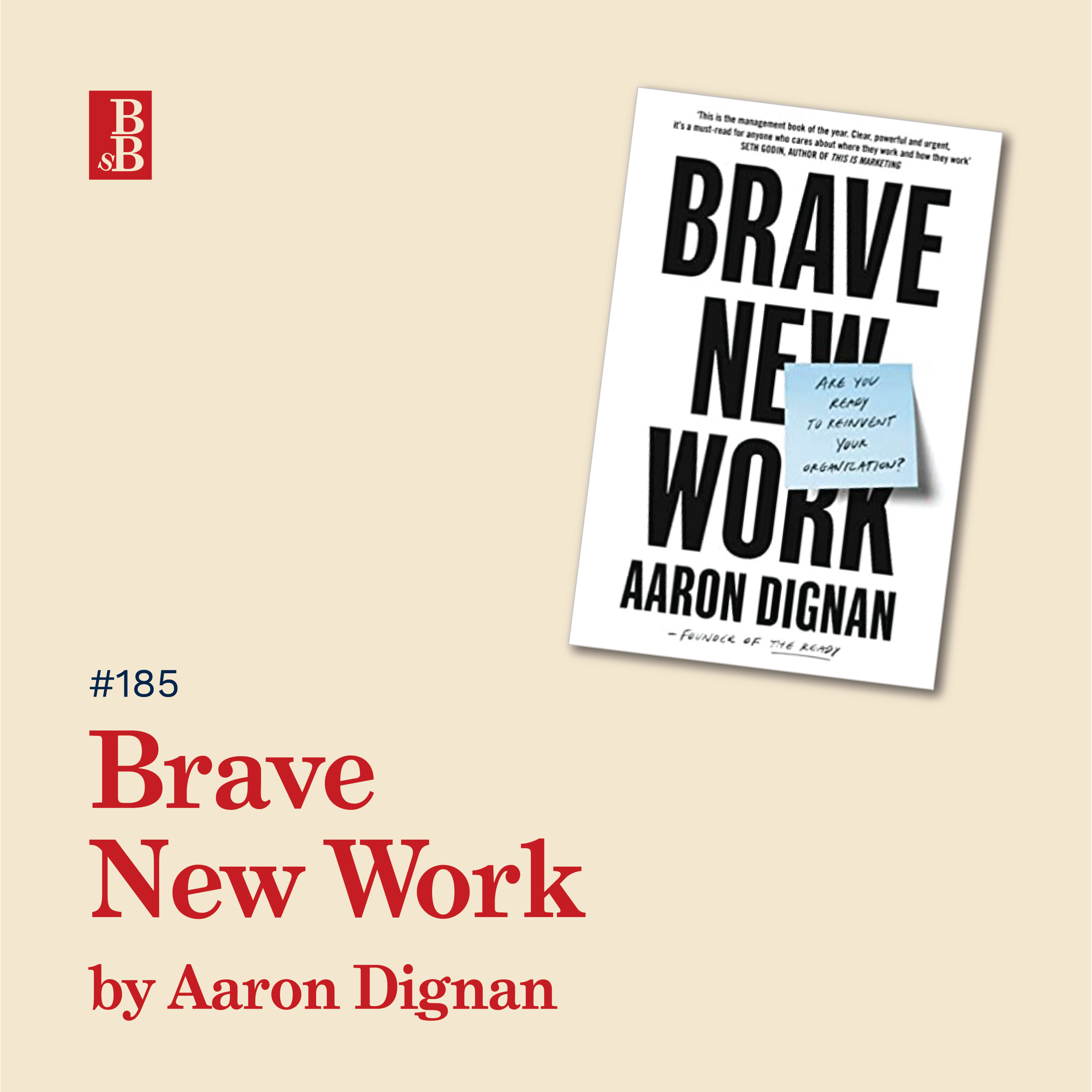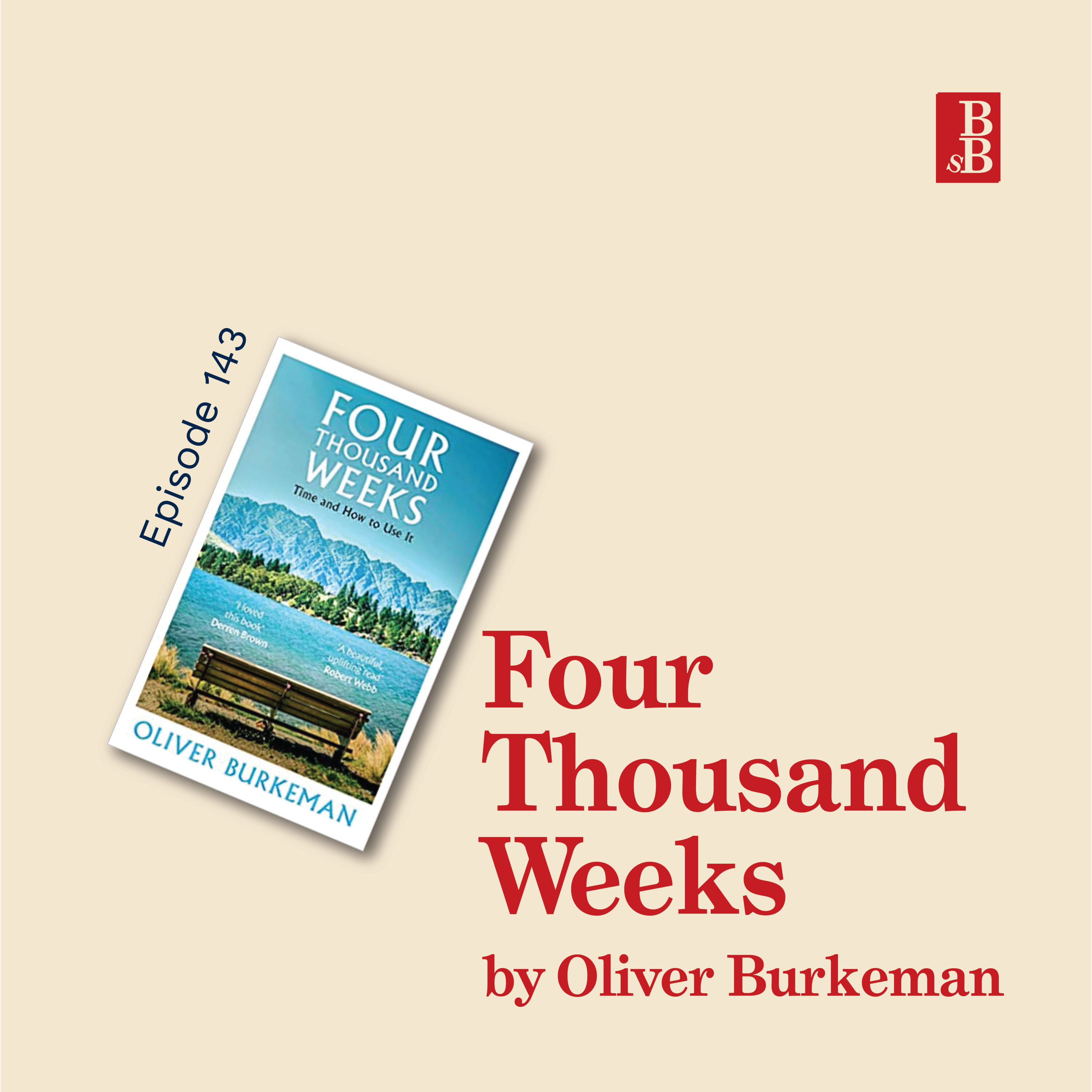Animal Farm by George Orwell: Powerful lessons about life and leadership from pigs
Sign up to the bookmark newsletter:
https://mailchi.mp/1119b1358a84/thebookmark
About the author
George Orwell, pseudonym of Eric Arthur Blair was born June 25, 1903 in Bengal, India and died January 21, 1950 in London, England. He was an English novelist, essayist, and critic famous for his novels Animal Farm (1945) and Nineteen Eighty-four (1949), the latter a profound anti-utopian novel that examines the dangers of totalitarian rule.
Orwell never entirely abandoned his original name, but his first book, Down and Out in Paris and London, appeared in 1933 as the work of George Orwell (the surname he derived from the beautiful River Orwell in East Anglia).
In time his nom de plume became so closely attached to him that few people but relatives knew his real name was Blair. The change in name corresponded to a profound shift in Orwell’s lifestyle, in which he changed from a pillar of the British imperial establishment into a literary and political rebel.
Source: https://www.britannica.com/biography/George-Orwell
Click here to buy on The Book Depository
https://www.bookdepository.com/Animal-Farm/9780141036137/?a_aid=stephsbookshelf
About the book
In 1944 Orwell finished Animal Farm, a political fable based on the story of the Russian Revolution and its betrayal by Joseph Stalin. In the book a group of barnyard animals overthrow and chase off their exploitative human masters and set up an egalitarian society of their own.
Eventually the animals’ intelligent and power-loving leaders, the pigs, subvert the revolution and form a dictatorship whose bondage is even more oppressive and heartless than that of their former human masters. (“All animals are equal, but some animals are more equal than others.”).
At first Orwell had difficulty finding a publisher for the small masterpiece, but when it appeared in 1945, Animal Farm made him famous and, for the first time, prosperous.
Source: https://www.britannica.com/biography/George-Orwell
BIG IDEA 1 (5:43) – Hard work is not always the answer.
Boxer the cart-horse is loyal and his answer to all problems was ‘I will work harder’. He got up earlier each day to work harder. There’s an interesting overlap here with this mentality often rewarded in different companies where the strongest person/people keep doing the heavy lifting with promise of future reward.
Boxer the horse was promised that when he retired he would have access to all the paddocks, apples, hay and grass that he wanted. However over time the paddock was used for a different purpose rather than for the future retirees. But he kept working harder until it got too much. And when he collapsed, instead of being looked after, he was sent to a knacker’s yard to be made into glue.
Hard work is not always the answer, it very much depends on what you’re working towards and who you’re working for.
BIG IDEA 2 (7:38) – Elitism.
The pigs and the dogs had special privileges. At the beginning of the book, when they overthrew the farmer who owns the farm, the animals set commandments. They said that they should never walk on two legs, because ‘four legs are good, two legs bad’. It also included not sleep in a bed and doing other typically human behaviours and activities.
Over time the pigs realised that the human behaviours were actually quite favourable so they started secretly changing the rules. They also adjusted the education of the other animals so they wouldn’t be able to read (and notice the commandments being changed) and only the pigs got these special privileges.
This is relevant in some organisations and even in some countries or societies. Rules are set to maintain equality or democracy. But do these rules change when some groups rise and others become repressed?
BIG IDEA 3 (9:07) – You might become everything you hate.
Initially the pigs were at the front of the queue to overthrow the farmer. They pointed out all the bad things that the farmers and humans do. So it started as the man vs the animals, it became the animals vs the man, then the pigs vs the animals, and then the pigs and man vs the animals.
The power dynamics shifted and the tables kept turning as the pigs started to control things. They got the taste of being ‘above’ the other animals and eventually started to live like humans, ultimately becoming everything they hated.
We see this in organisations and societies when someone gets promoted and quickly forgets that they were once ‘junior’. They evolve to become everything they said they didn’t want and start to do the things they used to complain about their leaders.
Music By: Kalimbo Song by Ethan Rank
Let’s Connect
LinkedIn: www.linkedin.com/in/steph-clarke
Instagram: @stephsbizbookshelf
Enjoying the show?
Please hit subscribe so you don’t miss an episode and leave a review on iTunes to help others find us.
See omnystudio.com/listener for privacy information.
Hey, have you subscribed to the bookmark newsletter? If you liked this, you might like my twice-monthly email with book reviews and ideas of what you should be reading, and listening to, next. Click here to subscribe.

















